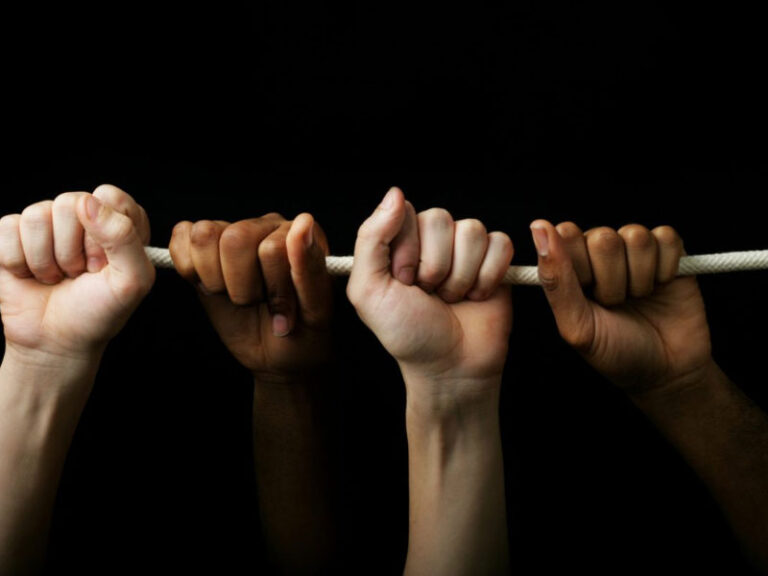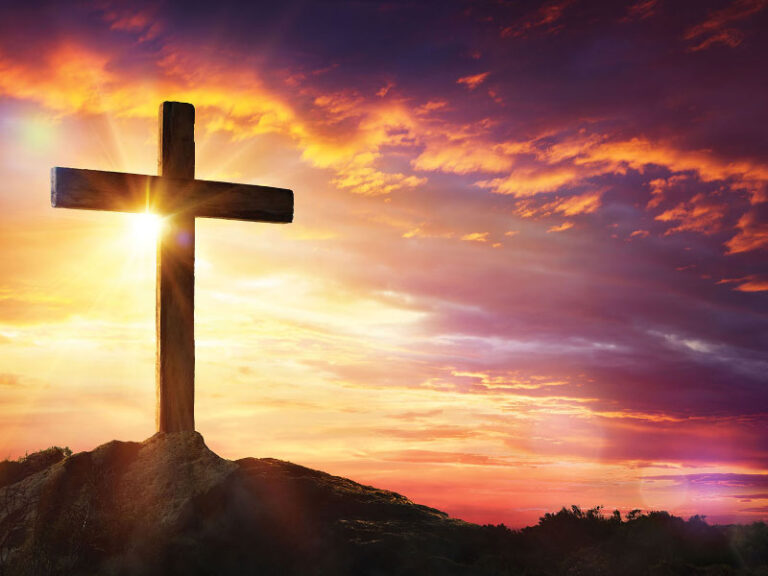Mark Twain’s “The War Prayer”: Unmasking the Dark Side of Nationalism and Religion

Mark Twain’s “The War Prayer”: Unmasking the Dark Side of Nationalism and Religion
Introduction
Mark Twain’s poignant short story, “The War Prayer,” serves as a powerful critique of blind patriotism, religious fervor, and the devastating consequences of war. Written in 1904 during the Philippine-American War, Twain’s work remains eerily relevant today. Let’s explore its themes, implications, and the urgent lessons it holds for our world.
Themes Explored in “The War Prayer”
- Blind Patriotism: Twain challenges the notion that unwavering support for one’s country, regardless of its actions, defines true patriotism. He warns against the dangers of following the government blindly, advocating for critical thinking and accountability.
- Manipulation Through Religion: Twain exposes how prayer can be weaponized. Religious leaders invoke divine blessings for war, manipulating public sentiment. He questions whether true religion should endorse violence or promote peace and compassion.
The Irony and Satire
- Twain employs irony and satire to unmask hypocrisy. He juxtaposes the celebratory prayers for victory with the unspoken horrors of war. The congregation prays for triumph, unaware of the suffering and death their victory entails.
- By revealing the hidden cost of war, Twain challenges us to question our own blind allegiance and the narratives we accept.
Implications for Today’s World
- Critical Thinking: We must engage critically with nationalistic fervor and religious dogma. Blindly following leaders can lead to disastrous consequences.
- Human Cost: “The War Prayer” reminds us of the human toll of conflict. We must consider lives lost, families shattered, and communities scarred.
- Advocacy: As influencers, we can use our platforms to advocate for peace, empathy, and justice. Let’s amplify voices that question war and challenge the status quo.
Call to Action
Let’s honor Twain’s legacy by promoting dialogue, compassion, and peace. Share this message, engage in discussions, and stand against blind allegiance. Together, we can be true patriots—questioning, empathetic, and committed to a better world.
Connect with me on LinkedIn: Your Name
References:
- Mark Twain’s The War Prayer: A Critical Literary Analysis
- A Critical Analysis of “The War Prayer” by Mark Twain
- Mark Twain’s Final Offensive: ‘the War-Prayer’ and American Religious …






